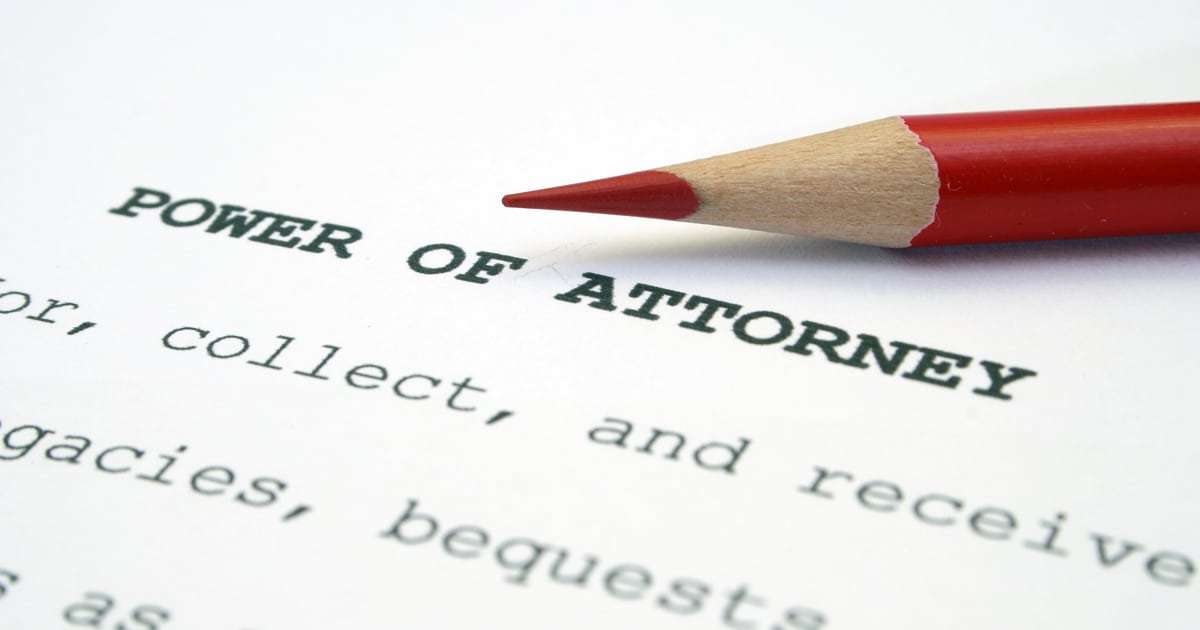Lasting Power of Attorney (LPA Newcastle) – Your questions answered.
What is a Lasting Power of Attorney (LPA Newcastle)?
A Lasting Power of Attorney (LPA Newcastle) is a legal document which allows one or more individuals of your choosing (your Attorneys), to have the power to make decisions on your behalf if you lose mental capacity.
Your Lasting Power of Attorney deals with your Financial and Care decisions while you are alive but lack capacity.
There are two types of Lasting Power of Attorney (LPA) - a Property and Financial, and a Health and Welfare.
Can my Lasting Power of Attorney leave detailed instructions?
Yes. A Lasting Power of Attorney (LPA Newcastle) allows you to specify any ‘preferences’ you would like your Attorneys to be aware of when they start dealing with your Property and Care decisions.
These instructions are not legally non-binding. They’re simply expressions of your wishes to guide your Attorneys when they start making decisions on your behalf.
Lasting Power of Attorneys (LPA) also allows you to detail any ‘instructions’ you have. These are legally binding, so your Attorneys must follow them.
How do my Attorney’s access my financial details, such as my bank accounts?
As part of your instructions, you can grant your Attorneys access to your assets, for example, online bank accounts and your will.
Do I really need a Lasting Power of Attorney?
Yes! Less than 1% of the adult UK population currently has a Lasting Power of Attorney (LPA Newcastle). According to the Alzheimer’s Society, 1 in 3 people over the age of 65 in the UK develop dementia.
What if I don’t have a Lasting Power of Attorney and I lose mental capacity?
If you lose capacity without a Lasting Power of Attorney, then someone can make an application for a Deputyship order. This is submitted to the Court of Protection. If there are no objections, then your Deputy would be appointed. Your Deputy is granted permission to make financial decisions on your behalf.
However, you don’t have control of who takes your Deputyship. Without a Lasting Power of Attorney (LPA), you would be giving up your power of choice and leaving it to the Courts to determine who should make decisions on your behalf. You also have no input into how decisions are made.
When should I put my Lasting Power of Attorney (LPA) in place?
People often choose to implement their Lasting Power of Attorney (LPA) alongside their will. Your Lasting Power of Attorney (LPA) should be in place as soon as possible, whilst you have full capacity.
Will, the Executors, appointed in my will be able to make decisions on my behalf?
Unfortunately not. A will and Lasting Power of Attorney (LPA) are two separate legal documents. Your Executors have no authority whilst you are alive.
To discuss your Lasting Power of Attorney (LPA), contact Amanda Lipman on 0191 265 5003 or email help@amandalipman.co.uk to arrange a free consultation.
Click here to find Amanda Lipman on Facebook, Instagram and YouTube








